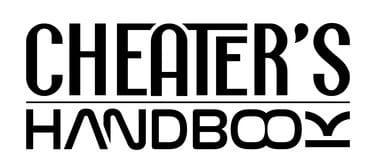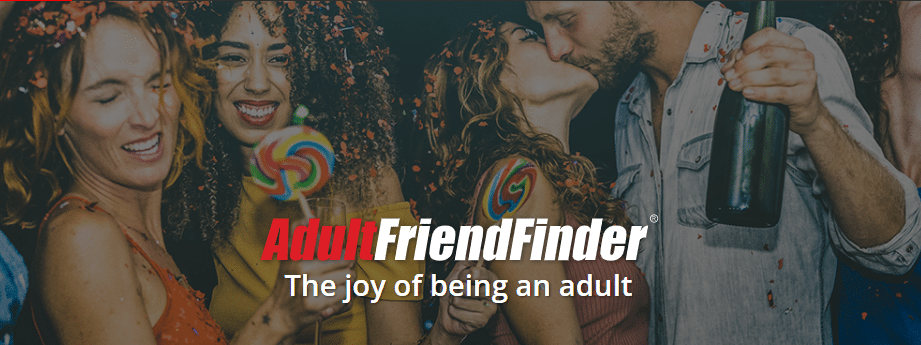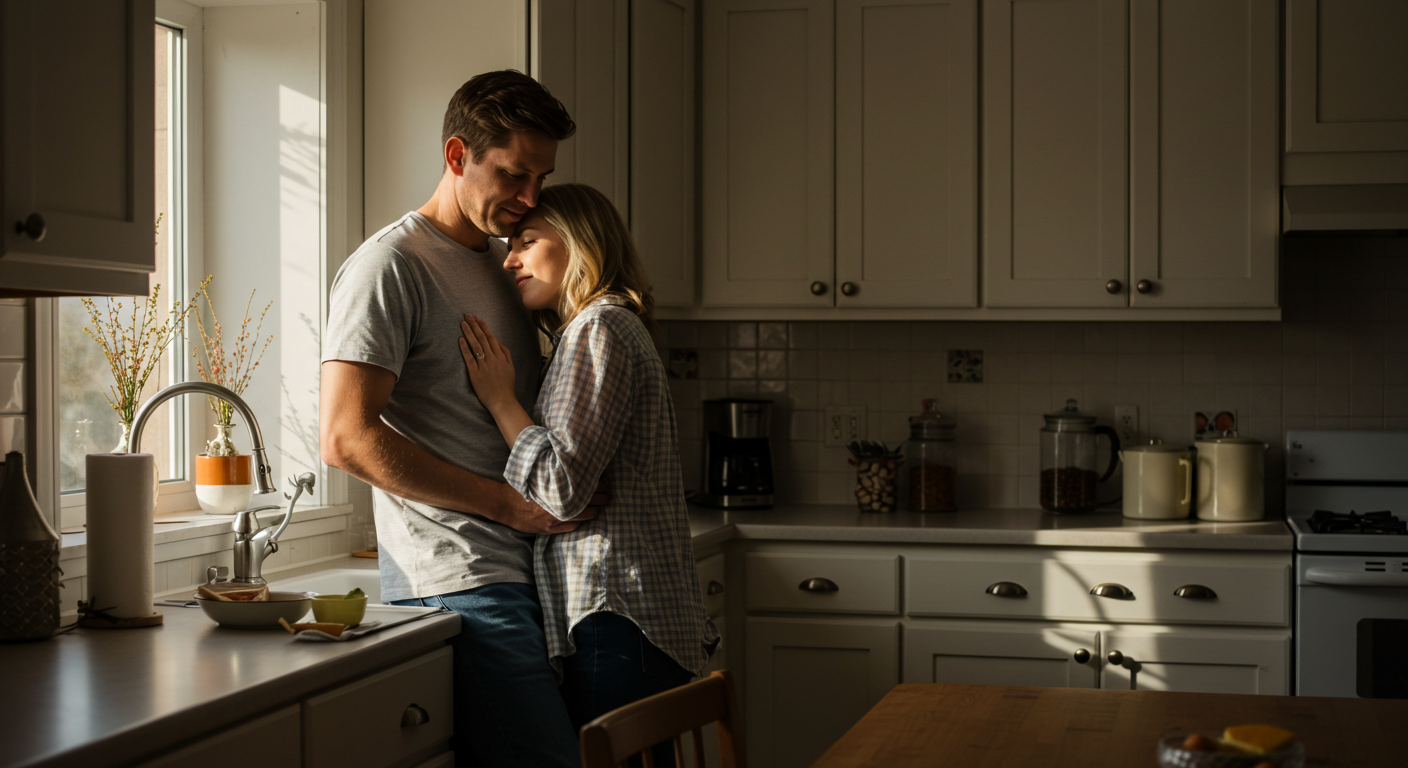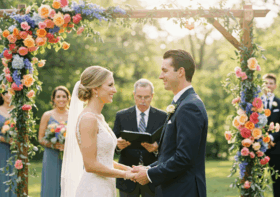Love vs Lust: How to Tell What You’re Really Feeling

You meet someone. The chemistry is instant. Their voice gives you chills, their texts feel like dopamine, and when you touch—it’s fireworks. It’s easy to think, this has to be something real. And maybe it is. But maybe… it’s not.
This is where the confusion between love vs lust begins. Because lust doesn’t feel fake—it feels intense. It shows up loud and fast. It gives you butterflies and sleepless nights. But it doesn’t necessarily build a foundation. It doesn’t ask what keeps you grounded. It just wants to lift off, high and fast, with no exit strategy.
Lust thrives on potential. It’s the rush of what could be, not the comfort of what is. And when you’re deep in that attraction, it can mimic love. You start telling yourself stories. That the silence means mystery, not lack of depth. That the push-pull is passion, not emotional unavailability.
But lust doesn’t grow roots. It loops. It repeats itself, over and over, in bursts of contact and longing. And if you don’t stop to examine what’s really being built, you might mistake desire for direction.
Love doesn’t always hit like a thunderstorm. Sometimes it’s quiet. Sometimes it unfolds slowly, with less adrenaline and more intention. It’s not just about how someone makes you feel in the moment—it’s about who they are when the spark settles.
Understanding the difference between love vs lust means learning to recognize which parts of you are being lit up—and which parts are being left in the dark.
Time Will Tell—If You Let It
One of the biggest mistakes people make in the early stages of connection is rushing clarity. You feel something strong, you click, you laugh, you text nonstop—and then you start making assumptions. This has to be love, right? But the truth is, lust always arrives early. Love takes its time.
If you’re unsure about love vs lust, pay attention to how things unfold over time. Lust often struggles with patience. It wants constant validation. It lives in the fantasy of someone rather than their actual habits. You might think you’re in love with someone you barely know—because the feelings are so strong. But feelings aren’t facts. They’re reactions.
Give it time. Let the honeymoon energy fade a little. Watch how the connection behaves when there’s no performance—when someone’s tired, or busy, or annoyed. Love doesn’t disappear when things get ordinary. Lust often does.
Love isn’t just about how they make you feel—it’s about how they handle your feelings. Do they stay present when you’re not at your best? Are they curious about your world beyond how you look or what you can give? Are they willing to build, not just consume?
The answers to those questions don’t show up in week one. They emerge over dinners, missed calls, awkward conversations, and the mess of real life. If it’s love, it deepens. If it’s lust, it plateaus—or worse, it fades as soon as reality steps in.
The best thing you can do when you’re not sure? Don’t decide too quickly. Just watch.
Emotional Safety Is the Real Litmus Test
Here’s one of the clearest signs in the love vs lust debate: how emotionally safe do you feel?
Lust doesn’t need emotional safety. It thrives on tension, mystery, anticipation. It gets high off mixed signals. In fact, emotional ambiguity can even amplify the desire. If someone is hot one day, cold the next, and never fully accessible? Lust calls that thrilling. Love calls that exhausting.
Real love makes you feel emotionally stable. You’re not walking on eggshells, wondering when the next text will come or whether the connection still stands. You don’t have to decode messages or pretend you’re okay with situations that drain you. You can show up as your full self, mess and all—and feel seen, not shamed.
The difference between love vs lust often becomes clearest in how conflict is handled. Lust either avoids it or turns it into drama. Love engages, even when it’s uncomfortable. Love says: “Let’s work through this.” Lust says: “You’re too much,” or worse, disappears altogether.
Ask yourself: Can you express a need without feeling like you’re risking everything? Can you say no and still be respected? Can you be vulnerable without it being used against you later?
If the answer is yes, you’re likely in the territory of love. If you feel like you’re walking a tightrope, balancing your needs against their attention span, you’re probably in lust’s domain. And no matter how electric the chemistry is—emotional safety is what makes something last.
What Happens After the High?
Every relationship has a beginning phase where things feel surreal. You’re laughing at inside jokes, craving each other constantly, discovering favorite songs and restaurants like you’re building a shared mythology. That rush is valid. It’s beautiful. But it’s also not the whole picture.
What happens when things calm down? When they forget your coffee order? When your schedules clash? When life stops giving you the time to text all day? This is when love vs lust reveals its true hand.
Lust starts to feel bored or distracted. It begins looking for the next high. The focus shifts from who you are to whether you’re still “as exciting” as you were at the start. There’s less interest in your inner world—and more frustration that the sparkle faded.
Love, though, begins at that moment. Love kicks in when the shine dulls and the routine sets in. When you’re both tired, or stressed, or not in sync—and yet you still choose each other. Not out of obligation, but out of investment.
Lust wants to be fed. Love wants to feed. Lust thrives on novelty. Love is built through intentionality. Lust is about what you feel for someone. Love is about what you do with those feelings.
So if you’re wondering where your connection stands, ask this: Are we still choosing each other when the thrill wears off? If yes—there’s a good chance love has walked in.
Chemistry Is Loud—But Compatibility Is Quiet
It’s easy to be seduced by chemistry. That magnetic pull, the inside jokes that land too perfectly, the glances that linger just a little longer than they should—it all feels like destiny. But here’s the thing: chemistry can exist with someone completely incompatible. That’s where the love vs lust trap lies.
Chemistry is the sizzle. Compatibility is the substance. One draws you in. The other holds you there.
When it’s lust, you focus on the moments that light you up. You don’t ask, “Do we share values?” because you’re too busy thinking about the next date. You don’t question how they handle stress, conflict, or long-term goals because right now it just feels so good. But what about when it doesn’t?
Compatibility shows up in the quiet stuff. Can you disagree without things blowing up? Can you be bored together without reaching for your phones? Do your lives align in a way that doesn’t require one of you to fold into the other?
You can have chemistry with a dozen people in your lifetime. But compatibility? That’s rare. And it matters more. Because once the initial high fades, that’s what keeps you reaching for each other.
Don’t just ask if the spark is there. Ask if the person holding the match knows how to keep the fire going.
You Keep Hoping Lust Will Mature Into Love
Here’s one of the toughest cycles to break: the belief that if you just hang in there long enough, lust will evolve into love. That the person who never really showed up will suddenly realize you’re “the one.” That the heat will eventually settle into something secure.
Sometimes, yes, lust can be the gateway to love. But only if both people are emotionally available and willing to build something more. If one of you is chasing depth while the other is enjoying the surface, you’re not growing closer—you’re growing resentful.
In the love vs lust dilemma, many people stay too long in lust because they’re addicted to the potential. They replay the best moments and ignore the rest. They cling to chemistry as proof that something meaningful is happening—even when there’s no sign of mutual investment.
Real love doesn’t ask you to constantly guess or beg for clarity. It doesn’t leave you wrung out after every conversation. And it certainly doesn’t keep you in limbo while the other person “figures things out.”
Love isn’t born from chasing someone who gives you crumbs. It’s found when two people meet in the middle—both choosing, both committing, both growing.
You can’t force lust to become love. But you can choose to stop mistaking one for the other.
Your Body Might Be All In—But Is Your Mind?
One of the sneakiest things about lust is how convincing it feels in your body. The pull is visceral. Your skin tingles. Your heartbeat quickens. The physical connection is undeniable—and that’s often enough to cloud your judgment.
But here’s a question: when your body calms down, what’s your mind saying?
In the quiet moments after, when the adrenaline fades and you’re just sitting with your thoughts—do you feel peace or anxiety? Are you rehashing what was said, wondering what they meant, stressing about when you’ll see them again? Or are you settling into something steady?
Lust activates your nervous system. It’s thrilling. But love quiets it. It makes your whole being feel safe, not just your skin.
That’s why the love vs lust distinction can feel confusing. Your body can be deeply connected to someone who isn’t emotionally available or right for you. That physical connection doesn’t mean your hearts are aligned. It just means your attraction is.
When you’re caught in a loop of intense physicality without emotional clarity, it’s worth checking in. Ask: Is my body saying yes while my mind is whispering no? Is this connection nourishing me—or just flooding me?
It’s okay to enjoy the physical. But don’t let it speak over the part of you that knows what lasting love actually feels like.
The Side-by-Side Breakdown: Love vs Lust at a Glance
Sometimes, the easiest way to cut through emotional confusion is with a clear, side-by-side comparison. When you’re caught up in the heat of a connection, everything can feel blurry. A moment feels deep. A glance feels meaningful. But feelings, as strong as they are, don’t always equal truth.
Use this breakdown as a reality check—a gut check—for what’s really happening beneath the surface. Is your connection expanding who you are, or just lighting you up temporarily?
| Love | Lust |
|---|---|
| Grows over time | Hits hard, fast, and early |
| Based on emotional connection | Based on physical attraction |
| Seeks long-term compatibility | Focuses on immediate gratification |
| Prioritizes emotional safety | Thrives on intensity and risk |
| Values communication and depth | Avoids vulnerability |
| Stays through conflict | Retreats when things get tough |
| Accepts imperfections | Idealizes the other person |
| Feels grounding and steady | Feels urgent and overwhelming |
| Builds through shared values | Driven by fantasy and novelty |
| Leads to commitment and growth | Often plateaus or fizzles |
If you’re trying to decide where your connection falls in the love vs lust spectrum, don’t rely only on how strong the feelings are—ask where those feelings are leading you. If they’re pulling you closer to mutual trust, care, and investment, you’re likely in love. If they only exist in the highs, and vanish in the lows, you’re likely experiencing lust.
Conclusion: Why Love vs Lust Is the Question That Changes Everything
At some point in dating—or in relationships that are slowly unraveling—this question will hit: Is this love or is it just lust?
And the answer matters. Because mistaking one for the other leads to heartbreak that feels avoidable in hindsight. You realize you were chasing intensity instead of intimacy. You clung to chemistry instead of clarity. You stayed because the highs were high, even when the foundation was crumbling beneath you.
But when you can see the difference clearly, you start showing up differently. You stop confusing desire with devotion. You stop waiting for someone to become emotionally available just because the sex is incredible. You stop mistaking the excitement of being wanted with the stability of being loved.
Love vs lust isn’t just a romantic distinction—it’s a lens through which you begin to filter your choices. Are you choosing the person who gives you butterflies, or the one who makes you feel like you can finally exhale? Are you chasing heat, or building warmth?
One burns out. The other builds up.
One leaves you guessing. The other brings you home.
And when you learn to tell the difference—you stop falling for people who never planned to catch you.
My Go-To Platform for Flings, Affairs, and MILFs
Looking for top-notch flings, affairs, or MILFs? Skip the rest, AdultFriendFinder is the gold standard. Zero bots, zero fakes—just real connections. I've scored big in multiple cities. Sign up now, it's FREE!









